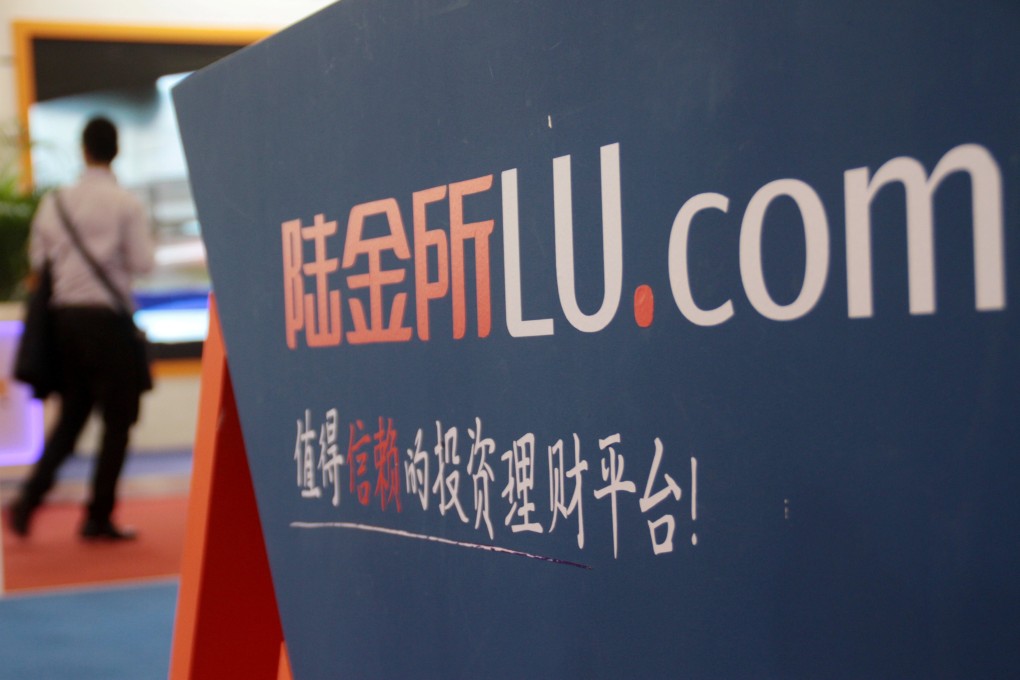Chinese fintech giant Lufax cuts P2P lending to meet regulatory requirements, may restart IPO plans after restructuring segment
- Company denies reports it is exiting the sector altogether
- Lufax plans to apply for a consumer lending licence, source says

Ping An Insurance-backed Lufax, one of China’s largest financial technology companies, said on Thursday it was scaling down its peer-to-peer (P2P) lending business, but denied reports it was exiting the sector altogether.
The company, also known as Shanghai Lujiazui International Financial Asset Exchange, said: “We are making three cuts in line with regulators’ requirements. The existing P2P products and customers will not be affected.”
Lufax was referring to required cuts in outstanding P2P loan amounts, the number of employees involved in this sector, as well as in the number of physical outlets used to promote peer-to-peer lending.
On Thursday, it denied a report by Reuters saying it was planning on exiting the sector altogether. The company, founded in 2011, had been developing P2P lending as one of its core businesses, but has shifted its focus to wealth management over the past two years. It is now one of mainland China’s largest online wealth management platforms.
Lufax is the latest fintech giant to witness a shrinkage in its P2P lending business, in a fresh sign that the once-booming online financing sector has dried up in China.
Beijing has stepped up regulation of the P2P lending sector following a string of scandals. The industry has grown by leaps and bounds since 2013, when China encouraged online companies to help reform the country's banking system.